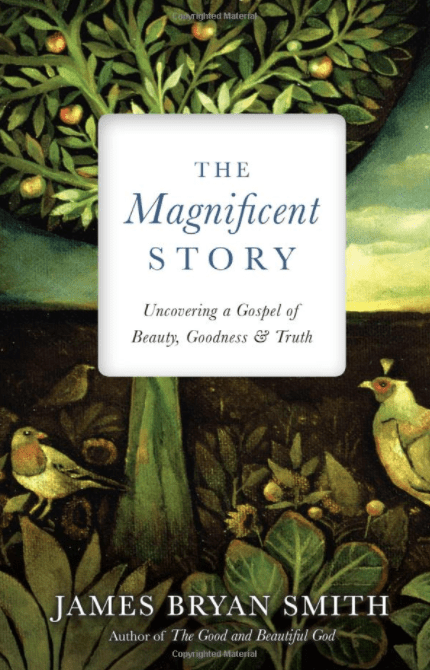 An image of faith for the Christian is that once a person believes and gets matters settled between God and the self that person, if faithful, will ride smooth waters. Turbulent waters may be a challenge but the Christian will settle the turbulence by looking to the Lord. Turbulence, too, could be a sign of a lack of faith. Though some will admit faith will (probably) not always be smooth waters that is the ideal image of faith.
An image of faith for the Christian is that once a person believes and gets matters settled between God and the self that person, if faithful, will ride smooth waters. Turbulent waters may be a challenge but the Christian will settle the turbulence by looking to the Lord. Turbulence, too, could be a sign of a lack of faith. Though some will admit faith will (probably) not always be smooth waters that is the ideal image of faith.
Greg Boyd in Benefit of the Doubt: Breaking the Idol of Certainty suggests any such idea of faith is unbiblical and does not line up with the faith of major faith examples in the Bible: Jacob/Israel, Job and Jesus (yes, Jesus’ own faith). In fact, he argues the smooth waters approach is actually against what the Bible says. The Bible’s depiction is of a faith, a trust, that is genuinely honest so that struggling in the life of faith is normal. Nor does he permit us to push the clear struggles of Jacob/Israel or Job with “Old Testament” faith while New Testament faith is smooth waters.
Where can we learn to be more honest about faith? What can churches do to encourage honest faith? (Faith like Jacob, faith like Job, faith like Jesus.)
Jacob, which means “conniver,” wrestled with God and God accommodated Jacob in a wrestling match. His reward, a blessing, is the name “Israel,” the one who strives with God (Genesis 32:22-32). He went to the mat with God, God went to the mat with him and it led to a deeper blessing and relationship with God. Jacob’s faith was a struggling faith, not a smooth water faith.
Job is clear: While Satan and Job accuse God, Job’s friends accuse Job. They never learn — in the experience — the truth of what was going on (the contest between Satan and God). Blaming God is arrogant. But was “straight” and was blessed for his honest faith. We can’t comprehend why things happen on this planet; this world is unfathomably complex. He is honest and God rewards him.
Some will dispute what Boyd says about Jesus. I believe that Jesus lived a life of faith — that is, Jesus trusted his Father. In that faith, as in his obedience, Jesus had to learn to trust and to obey. In Gethsemane Jesus expressed his desire not to drink the cup of death and suffering; God did not honor that request but Jesus told the truth. On the cross Jesus cries out about the Father’s abandonment — and not all will agree with Boyd here, but he makes a case that these are honest words of Jesus. Words that reveal the nature of God’s love and the nature of Jesus’ faith: the separation reveals the unity of God; it is an expression of God’s loving connection with humans… “Jesus’ perfect unity with the Father was deeper than his experience of separation, so too Jesus’ faith in the Father was deeper than his experience of abandonment” (97). We see both God and the nature of faith.
Boyd then tell his own story of honest faith, and on pp. 97-111 you can read the most authentic display of honest faith I have ever read in my life.










